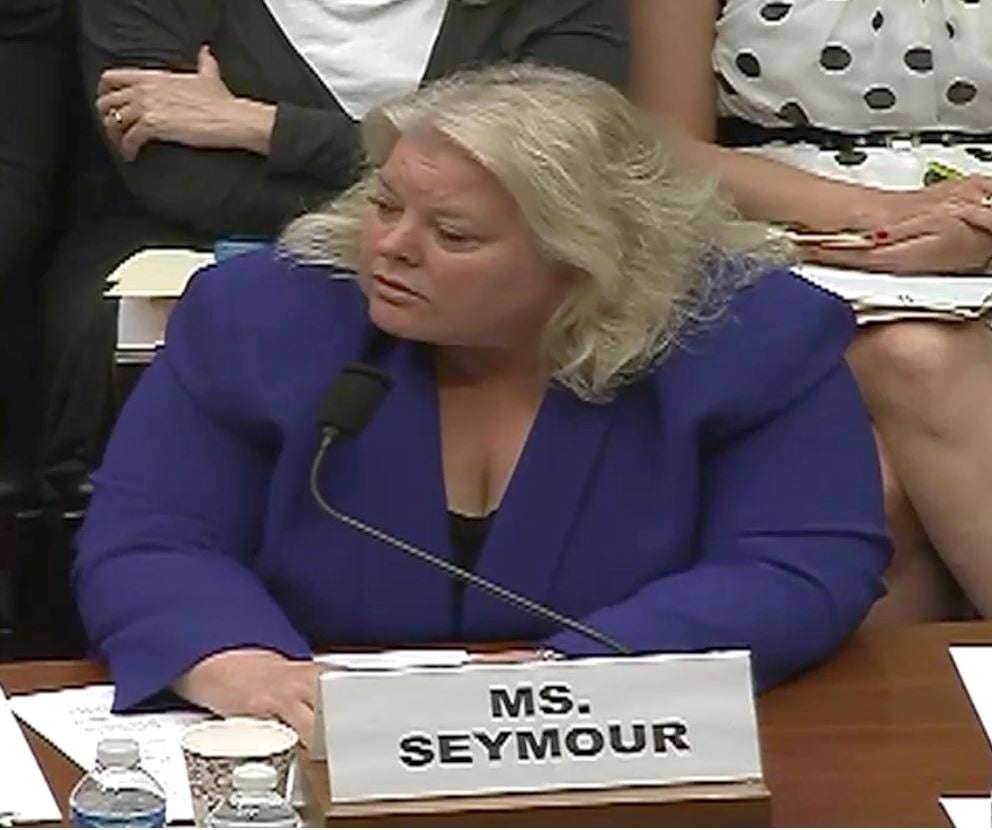
Government officials have been vague in their testimony about the data breaches—there was apparently more than one—at the Office of Personnel Management (OPM). But last Thursday, officials from OPM, the Department of Homeland Security, and the Department of the Interior revealed new information that indicates at least two separate systems were compromised by attackers within OPM's and Interior's networks.
OPM has not yet revealed the full extent of the data exposed by the attack, but initial actions by the agency in response to the breaches indicate information of as many as 3.2 million federal employees (both current federal employees and retirees) was exposed. However, new estimates in light of this week's revelations have soared, estimating as many as 14 million people in and outside government will be affected by the breach—including uniformed military and intelligence personnel. It is, essentially, the biggest potential "doxing" in history. And if true, personal details from nearly everyone who works for the government in some capacity may now be in the hands of a foreign government. This fallout is the culmination of years of issues such as reliance on outdated software and contracting large swaths of security work elsewhere (including China).
The OPM breaches themselves are cause for major concerns, but there are signs that these are not isolated incidents.
During testimony today in a grueling two-hour hearing before the House Oversight and Government Reform Committee, Office of Personnel Management (OPM) Director Katherine Archuleta claimed that she had recognized huge problems with the agency's computer security when she assumed her post 18 months ago recent discovery of an intrusion that gave attackers access to sensitive data on millions of government employees and government contractors, she said, "It is not feasible to implement on networks that are too old." She added that the agency is now working to encrypt data within its networks.
Even if the systems had been encrypted, it likely wouldn't have mattered. Department of Homeland Security Assistant Secretary for Cybersecurity Dr. Andy Ozment testified that encryption would "not have helped in this case" because the attackers had gained valid user credentials to the systems that they attacked—likely through social engineering. And because of the lack of multifactor authentication on these systems, the attackers would have been able to use those credentials at will to access systems from within and potentially even from outside the network.
House Oversight Chairman Jason Chaffetz (R-Utah) told Archuleta and OPM Chief Information Officer Donna Seymour, "You failed utterly and totally." He referred to OPM's own inspector general reports and hammered Seymour in particular for the 11 major systems out of 47 that had not been properly certified as secure—which were not contractor systems but systems operated by OPM's own IT department. "They were in your office, which is a horrible example to be setting," Chaffetz told Seymour. In total, 65 percent of OPM's data was stored on those uncertified systems.
Some of the security issues at OPM fall on Congress' shoulders—the breaches of contractors in particular. Until recently, federal agents carried out background investigations for OPM. Then Congress cut the budget for investigations, and they were outsourced to USIS, which, as one person familiar with OPM's investigation process told Ars, was essentially a company made up of "some OPM people who quit the agency and started up USIS on a shoestring." When USIS was breached and most of its data (if not all of it) was stolen, the company lost its government contracts and was replaced by KeyPoint—"a bunch of people on an even thinner shoestring. Now if you get investigated, it's by a person with a personal Gmail account because the company that does the investigation literally has no IT infrastructure. And this Gmail account is not one of those where a company contracts with Google for business services. It is a personal Gmail account."
Some of the contractors that have helped OPM with managing internal data have had security issues of their own—including potentially giving foreign governments direct access to data long before the recent reported breaches. A consultant who did some work with a company contracted by OPM to manage personnel records for a number of agencies told Ars that he found the Unix systems administrator for the project "was in Argentina and his co-worker was physically located in the [People's Republic of China]. Both had direct access to every row of data in every database: they were root. Another team that worked with these databases had at its head two team members with PRC passports. I know that because I challenged them personally and revoked their privileges. From my perspective, OPM compromised this information more than three years ago and my take on the current breach is 'so what's new?'"
Given the scope and duration of the data breaches, it may be impossible for the US government to get a handle on the exact extent of the damage done just by the latest attack on OPM's systems. If anything is clear, it is that the aging infrastructure of many civilian agencies in Washington magnify the problems the government faces in securing its networks, and OPM's data breach may just be the biggest one that the government knows about to date.

